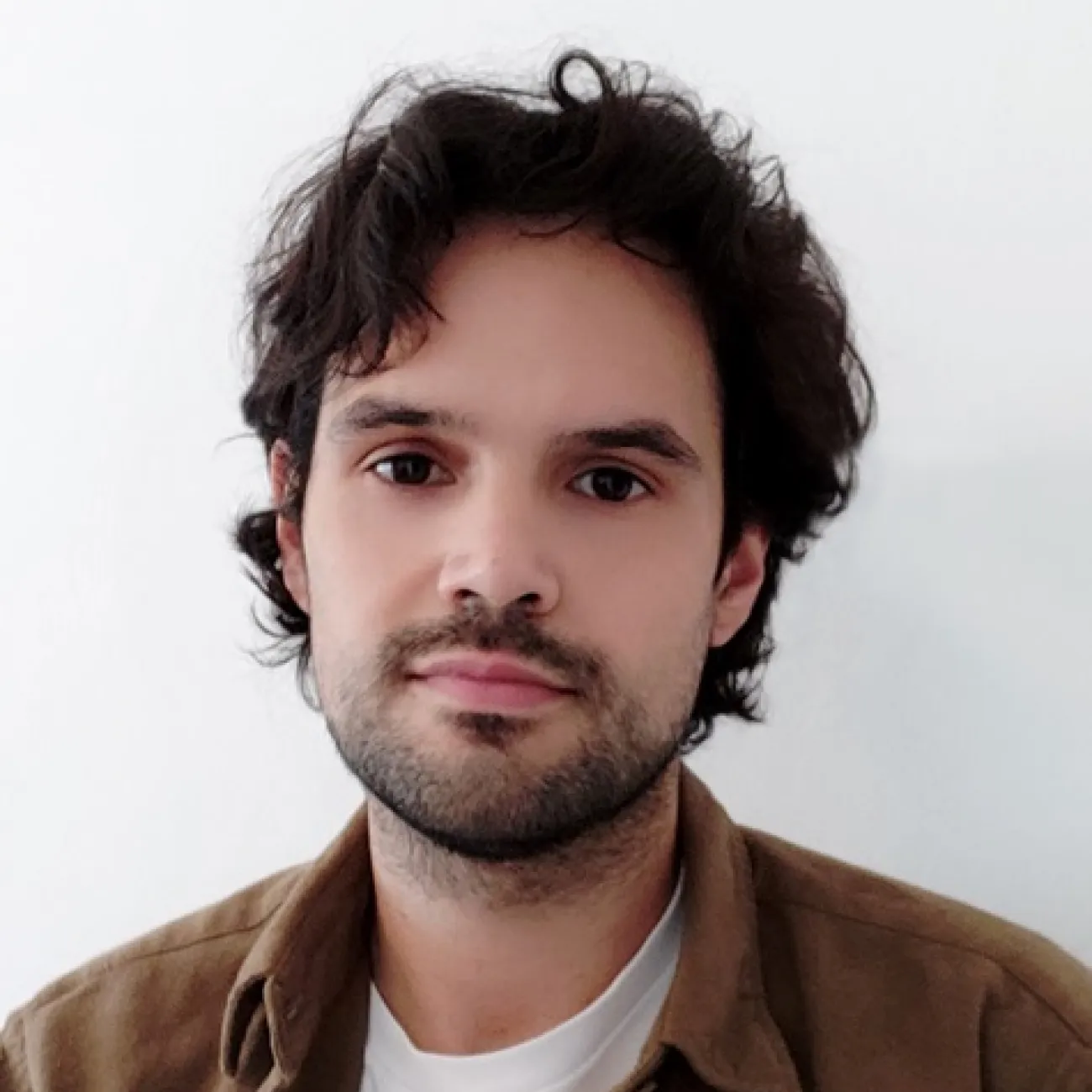About
Dr Mestre joined the University of Southampton in 2021 and is currently a Lecturer at the School of Electronics and Computer Science of the University of Southampton and a Turing Fellow at the Alan Turing Institute. He's the PI of the ESRC New Investigator award "Biohybrid Futures: A framework for research governance and application of bio-hybrid robotics", where he researches social, ethical and policy implications of emergent technologies like biohybrid robotics using mixed research methods. He's also the PI of the RAI UK International Partnership grant "RAI4MH: Exploring Fairness and Bias of Multimodal Natural Language Processing for Mental Health" in collaboration with the Institute for Experiential AI @ Northeastern University (US) and PI of the £1.2M UKRI Cross-Research Council grant SOUNDSCALE, investigating the responsible development of distributed fibre optic sensing for smart cities through inter- and transdisciplinary research with the physical, computer and social sciences, arts and humanities, and engagement with citizens, policymakers, nonprofits and industry.
His research is interdisciplinary and focuses on the responsible development and socio-technical evaluation of emerging technologies, at the interface of disciplines like computer science, science and technology studies and political science. Much of his research efforts are focused on computational social science (and argumentation mining in particular) using multimodal machine learning methods (text-as-data, image-as-data, audio-as-data). He also studies digital tools for deliberation applied to democratic innovations; the ethics, social implications and governance of emergent technologies like natural language processing (NLP) and bio-hybrid robots; and the application of machine learning in digital humanities. He is co-director of the Centre for Democratic Futures (CDF), Ethics & Governance lead at the Centre for Robotics, Associate at the Digital Humanities (DH) hub of the University and a member of the Institute for Life Sciences (IfLS).
Prior to this, he was a New Frontiers Fellow in Machine Learning at the School of Electronics and Computer Science and before that a postdoctoral Research Fellow in the 'Rebooting Democracy' project at the Politics and International Relations Department. In the past, during his PhD defended in November 2020, he researched at the Institute for Bioengineering of Catalonia (IBEC) in the development of bio-hybrid robotics and nanorobotics, at the interface of fields like tissue engineering, biomedicine, material science, computer science, physics, 3D-bioprinting, robotics and computer vision.
You can update this in Pure (opens in a new tab). Select ‘Edit profile’. Under the heading and then ‘Curriculum and research description’, select ‘Add profile information’. In the dropdown menu, select - ‘About’.
Write about yourself in the third person. Aim for 100 to 150 words covering the main points about who you are and what you currently do. Clear, simple language is best. You can include specialist or technical terms.
You’ll be able to add details about your research, publications, career and academic history to other sections of your staff profile.
